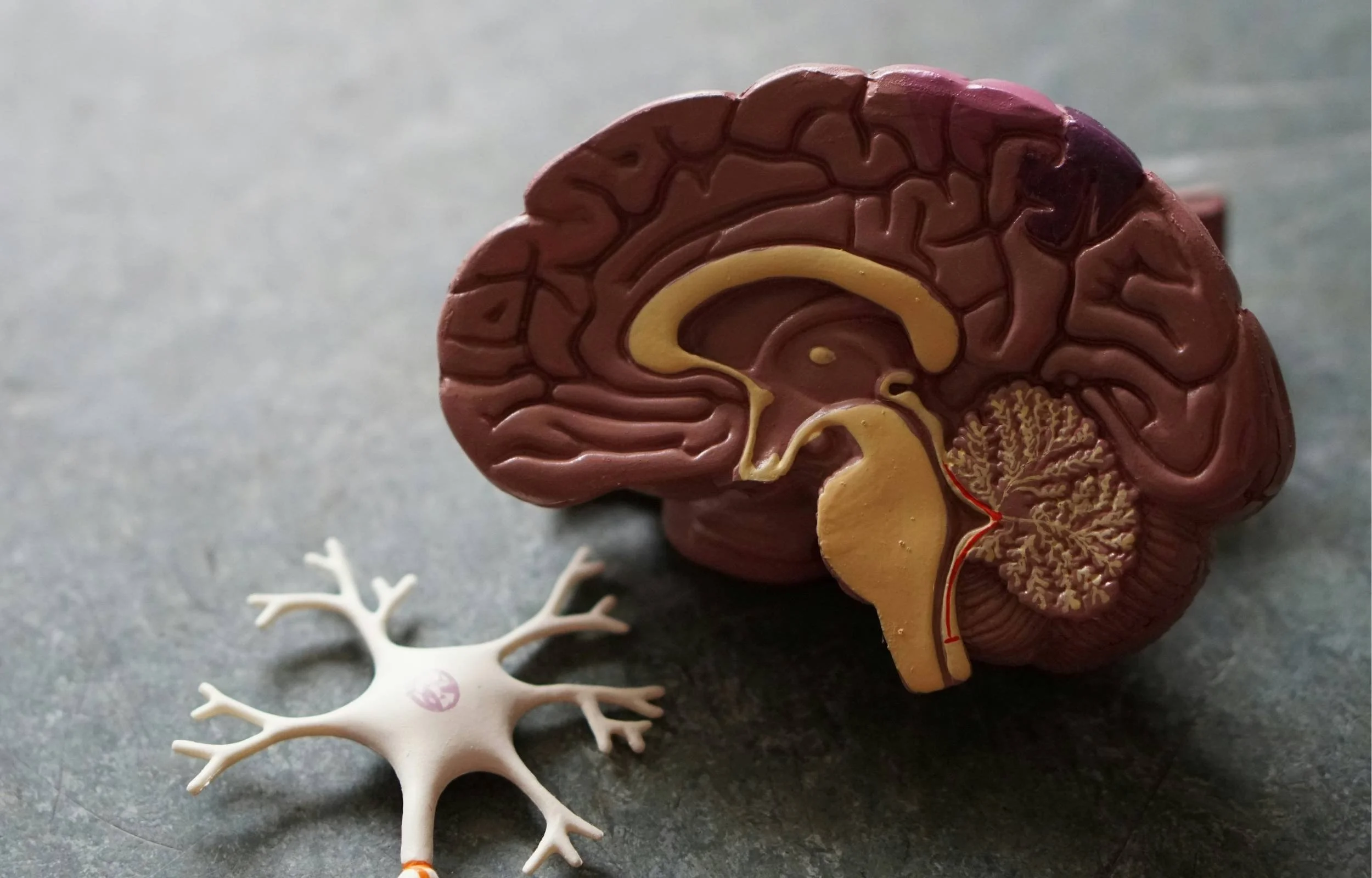In the busy, fast-paced world that we live in, it is easy to overlook our emotional needs. We brush off stress, ignore burnout, and bottle up our feelings until they overflow. Just like our physical health, our emotional health needs consistent care and attention. Here are 6 practical, empowering tips to help you take care of your emotional health – one mindful moment at a time.
1. Keep Good Company
Humans are social creatures! Introvert or extrovert, we need a network of people we love and who love us, to lean on in the good and bad times. Having a good circle of friends and family around you can reduce feelings of isolation, buffer against stress and promote mental resilience. In fact, social support is strongly linked to our happiness levels and can even increase our life expectancy by 45%. This reflects how important community is in taking care of our mental health.
Have you ever heard the saying: “You are the average of your five closest friends?” While not to be taken literally, this saying highlights an important truth. We are shaped by the people around us and their moods, values and habits can significantly influence ours. That is why it is crucial to surround yourself with people who uplift, encourage and respect you.
Check-in with yourself: Do the people in your life listen without judgement? Do they respect your boundaries?
Healthy relationships should feel supportive, not draining. Invest in relationships that nourish you. Whether it’s a deep conversation with a close friend or a quick check-in text, staying socially connected is one of the simplest, yet most powerful ways to care for your mental health.
2. Manage Your Stress
Stress is inevitable. While we can’t escape from the stressors of life, we can choose how to respond. Learning how to manage your stress in a healthy, constructive way can not only help you feel more in control but also plays a major role in protecting your mental well-being. To manage your stress, you must first learn to identify your sources of stress. Stress can come from work, family or even parenting and can manifest in physical, psychological and behavioral symptoms.
Check-in with yourself:
In the past week, have you...
If you’ve checked 2 or more, it might be a sign that stress is building up.
But do not fret! While stress can feel overwhelming, there are practical strategies we can use to manage it.
Challenge Unhelpful Thoughts
When we are stressed, it is easy for our thoughts to run wild. We may catastrophise, focus on the negatives or overgeneralise. These are common negative thinking patterns that often result in us feeling worse off than before! It is important we become aware of these thoughts and challenge them.
For example, a thought may look like: “I stuttered in the job interview. I will never be able to get a job.”
This is catastrophising, where we habitually assume the worst when faced with uncertainties.
To challenge the thought, ask yourself: Is that the only, and whole truth? Are there other perspectives I should consider? Am I holding myself up to an unrealistic standard of perfection?
Using these questions, a more helpful thought may look like: “I stuttered but one imperfect moment doesn’t define my entire future.”
To live a well-balanced life, we need to establish boundaries in our life. Sometimes, it is okay to say “No” and prioritise our own needs. The type of boundary set looks different for everyone and depends on the source of the stress. For a stay-at-home mother, this may look like designating “me time” every day (even 15-20 minutes) to just rest and do something you enjoy – no kids, no interruptions. For a working adult, it may look like turning off your email notifications after working hours, to ensure you get complete rest from the office. Setting boundaries is important to prevent burnout and protect your mental health.
3. Cultivate Mindfulness (Acknowledge and Process Your Emotions)
Mindfulness boosts our emotional health by making us more aware of our emotions, both good and bad, and gives us the space to acknowledge and process them. Here are some mindfulness exercises you can try at home:
Sit comfortably in your chair. You may wish to keep your eyes open or close your eyes.
Breathe. Pay attention to the air as it enters your nostrils and into your lungs. Is the air warm? Cool?
Then breathe out through your mouth. Notice your chest and belly deflate as air leaves your lungs.
Repeat these steps for 1 minute.
Get comfortable
Lie down on your back or sit with your feet flat on the ground somewhere you won’t be disturbed.
Notice Your Breath
Breath naturally. Notice the breath entering and leaving your nostrils and the way your chest rises and falls with your breath.
Pay Attention to How Your Body Feels
Close your eyes. Pay attention to how each part of your body feels. The texture of your clothes against your skin, the parts of your body touching the surface, parts of your head.
Scan from your Toes to Head
Imagine you are outside your body and looking at yourself. Shift your gaze slowly and systematically, from your toes all the way to your head.
Remember to approach mindfulness exercises in an open and non-judgmental way. Don’t try to push away unwanted feelings, thoughts or distractions. Just be.
4. Take Care of Your Body (Healthy Body, Healthy Mind)
The mind-body connection is the relationship between our mental and physical health. Taking care of your body isn’t just about avoiding illness; it is a powerful way to improve your mental well-being. Research has consistently showed that eating a balanced diet, exercising and having sufficient rest can strengthen our emotional health.
Balance begins with food, movement and rest. But out of these, rest is often the most overlooked. In the busyness of life, we often sacrifice our sleep. But rest is not a luxury; it’s a necessity. Adults typically need between 7-9 hours of sleep. Setting up good sleep habits such as limiting pre-bed screen time, avoiding caffeine late in the day and setting a bedtime can encourage good sleep hygiene. Having sufficient sleep can make a big difference in how rested and mentally refreshed you feel.
5. Practice Gratitude
Gratitude is a simple yet powerful habit that shifts your focus from what’s lacking to what’s already good in your life. It helps you find joy in the small moments, building your emotional resilience. Being intentional is important when it comes to practicing gratitude. So, a simple gratitude log can help!
Today I am grateful for...
Spending a few minutes of your day reflecting on what your grateful for can rewire your brain to focus on the positives!
6. Seek Professional Help when needed
The most important thing when it comes to caring for our mental health is knowing when to seek help. Life can weigh heavily on us and feel like more then we can manage. Sometimes, self-care alone isn’t enough – and that's okay. There is no shame in asking for help. Just like how you’d visit a doctor when your body’s not feeling well, it can be helpful to visit a mental health professional if you’ve been struggling with your mental health. Therapists, counsellors and psychologists are trained to create a safe space where you feel supported, understood and heard. Remember, you are not alone. Asking for help is the bravest thing you can do for yourself.











